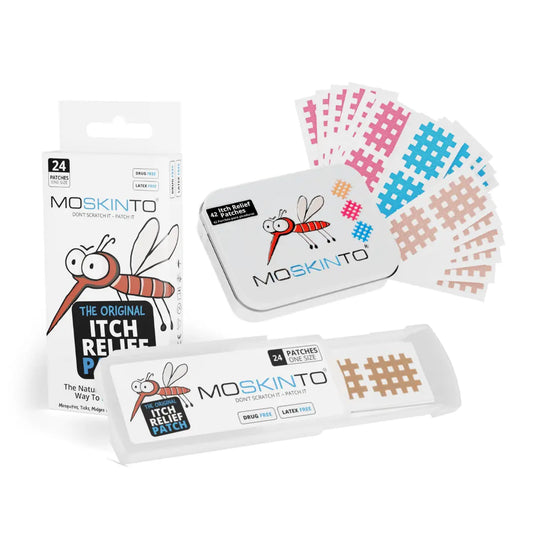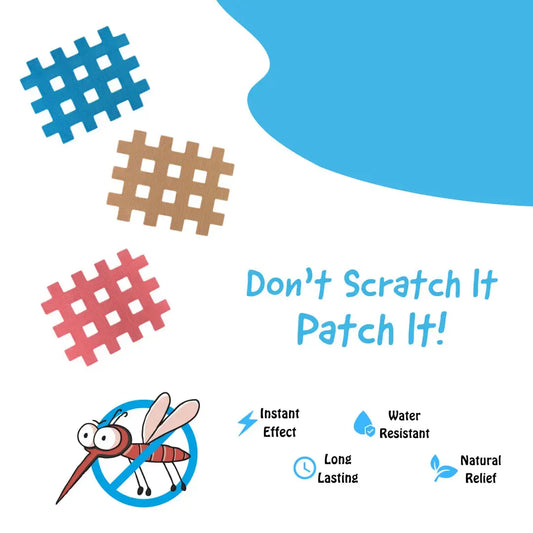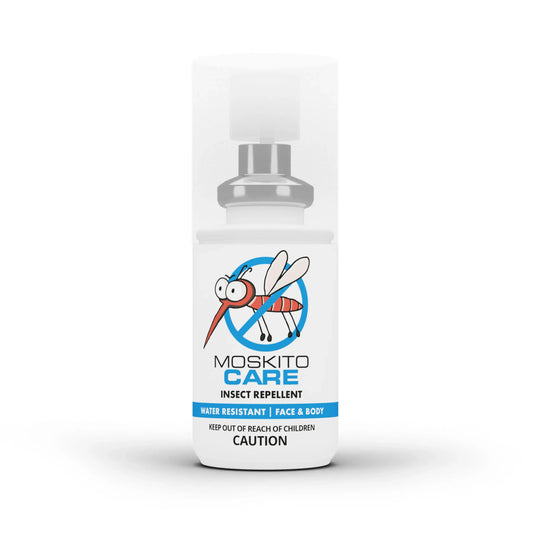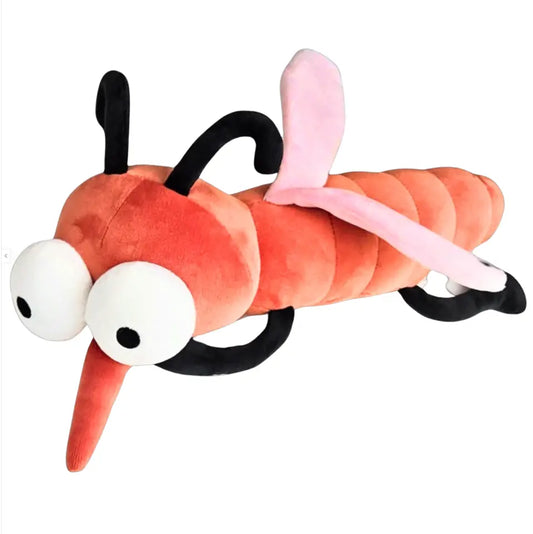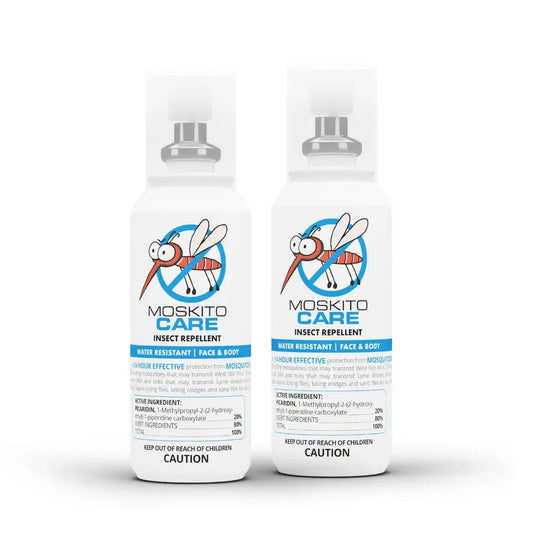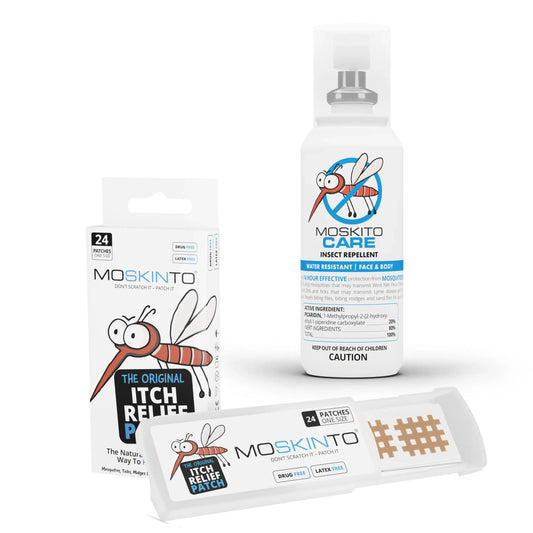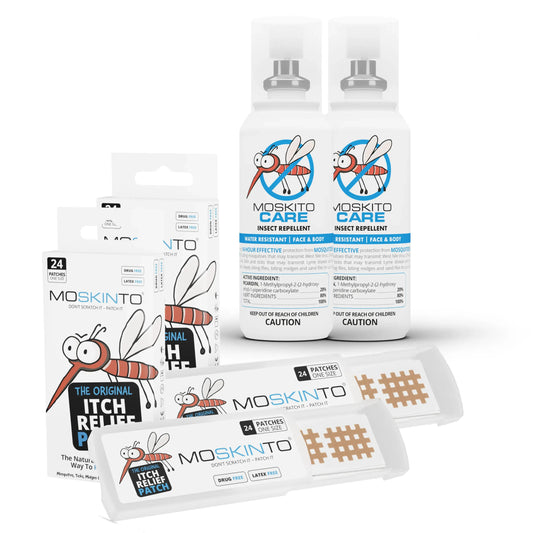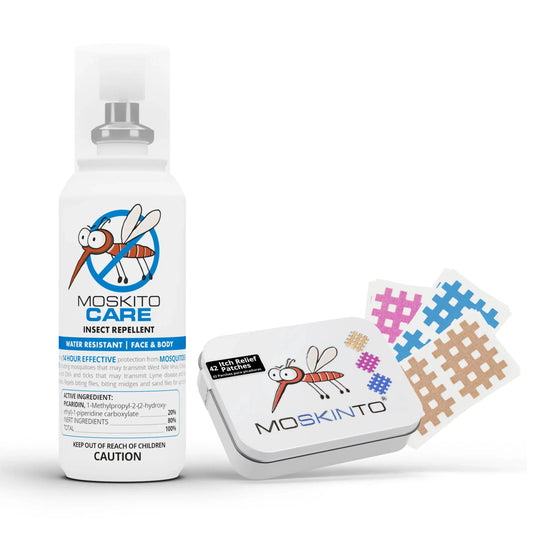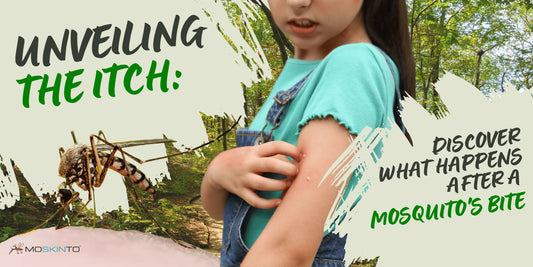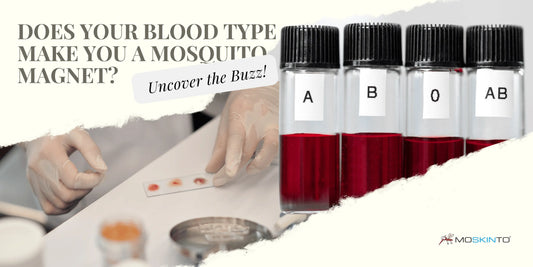Unveiling the Itch: Discover What Happens After a Mosquito's Bite
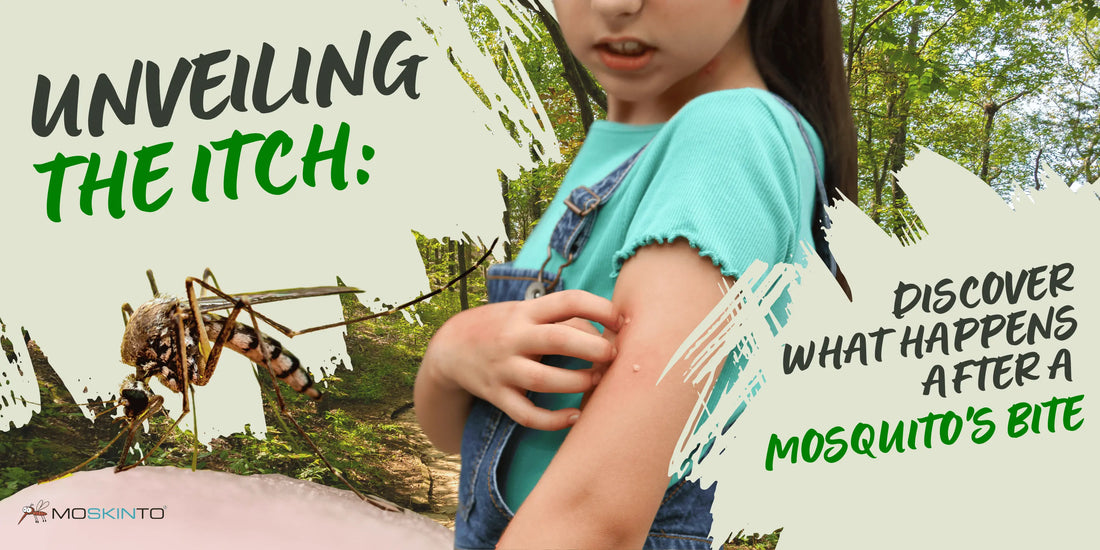
Welcome to our enlightening journey through the enigmatic world of mosquitoes - those persistent nighttime buzzers that leave you fumbling for relief. It's a common misconception that all mosquitoes are out to get us, but in reality, it's only the females that have a thirst for blood. Contrary to their serene, nectar-sipping male counterparts, female mosquitoes engage in this vampiric quest to nourish their eggs.
Have you ever pondered how these tiny creatures single you out amidst the vastness of the great outdoors? Mosquitoes are equipped with a highly sophisticated set of sensors designed to detect the CO2 we exhale, heat from our bodies, and even the slightest trace of our sweat. Once their senses lead them to your vicinity, they deploy their specialized mouthparts to partake in their blood meal. But what exactly unfolds beneath your skin once this covert operation begins? Stick with us, and we'll reveal the fascinating, albeit slightly unsettling, cascade of events that occur post-bite.
The Attack: Mosquito Bites and the Skin's Ordeal
When a mosquito sets its sights on your skin, a fascinating and complex interaction begins. This unwanted assault launches with an imperceptible precision as the mosquito executes its mission for survival. Here's what happens step by step:
The Step-by-Step Process of How a Mosquito Lands and Bites
The mosquito's journey from predator to parasite begins quietly as it lands on your skin. Unnoticed, it probes for a suitable spot bursting with capillaries. Using her specialized mouthparts, or proboscis, she pierces the skin's surface, navigating deftly around tissue to tap into a nutritious blood vessel.
The Role of the Skin as the First Line of Defense
As your body's largest organ, the skin acts as a formidable barrier protecting against external threats. However, when a mosquito pierces your shield, it's an invasion-an unsettling breach that immediately triggers your body's internal alarms.
Why Female Mosquitoes Seek Blood and What It Means for Their Lifecycle
Females are the true vampiric members of the mosquito world, and their pursuit for blood is not one of mere indulgence. The protein and iron contained in blood are essential for the production of eggs, ensuring the next generation's proliferation. This primal necessity means that every bite is wrought with purpose, a critical step for the mosquito's lifecycle.
- Initial Contact: Once a landing spot is chosen, a mosquito uses her proboscis to penetrate the skin.
- Search for Blood: She probes beneath the skin's surface to locate a suitable blood vessel.
- Blood Extraction: After accessing a blood source, the mosquito begins to draw blood, often undetected at first.
- Saliva Injection: Simultaneously, mosquito saliva is injected into the bloodstream, acting as an anticoagulant to ensure a smooth meal.
Amidst this silent attack, your skin endures the assault by releasing histamine to combat the intruding saliva-ushering in the infamous itch associated with mosquito bites.
Mosquito Saliva: Unveiling the Reason for Your Itch
Ever wondered why a mosquito bite itches so much? It's not just the puncture from the mosquito's mouthparts-there's more to the story. When a mosquito bites, it injects its saliva into your skin. Let's delve into the composition of mosquito saliva and discover why it's the real culprit behind the itch.
The Composition of Mosquito Saliva and How It Enables Feeding
Mosquito saliva is a complex cocktail of proteins and molecules, each serving a specific purpose. The primary function of mosquito saliva is to facilitate feeding. It contains anticoagulants to prevent blood from clotting, allowing the mosquito to feed smoothly. Furthermore, it has enzymes that dilate blood vessels to increase blood flow. The saliva also acts as an anesthetic, numbing the skin so the victim is less likely to notice the mosquito's presence.
The Reasons Behind the Histamine Response Leading to Itching
Why does a mosquito bite itch so intensely? The answer lies in your body's response to foreign substances. When mosquito saliva enters the skin, the body recognizes the foreign proteins and mounts an immune response. This includes releasing histamine, a compound that causes inflammation and swelling. Histamine affects the nerves in the area and leads to the sensation of itching. Although the histamine response is an integral part of our body's defense mechanism, it's responsible for the discomfort we associate with mosquito bites.
- Anticoagulants: Prevent blood clotting for easier feeding.
- Vasodilators: Increase blood flow at the feeding site.
- Anesthetics: Reduce sensation so the bite is less noticeable.
- Immune Triggers: Cause your body to react and create the signature itch.
Your Body's Defense: The Immune Response to a Bite
When a mosquito bites, it is not merely a skin-deep affair; your immune system hustles to defend you against the intruding saliva from these pesky insects. This complex system goes beyond just causing an itch and plays a crucial role in identifying and responding to the mosquito's unwelcome deposit.
The immune system's role in responding to the insect's saliva
The moment a mosquito pierces your skin, your body's immune system recognizes the saliva as a foreign substance. Specialized cells at the bite site release histamine, which helps to increase the blood flow and white blood cell count around the affected area, effectively sounding the alarms to commence battle against the invader.
How the body distinguishes between foreign saliva and other pathogens
Our immune system is quite the intelligent network. It uses different receptors to detect various pathogens, including bacteria, viruses, and the proteins found in mosquito saliva. Once identified, it releases antibodies. These antibodies are like targeted missiles, honing in on the mosquito saliva proteins to neutralize the threat.
- Immediate response: leads to redness, swelling, and the aggravating itch.
- Long-term defense: prepares your body to respond faster and more effectively if it faces the same or similar types of mosquito saliva in the future.
Your immune system is your personal, ever-vigilant guard, distinguishing and destroying invaders while memorizing them for future encounters. Understanding this can provide some comfort amidst the annoyance of a mosquito bite: your body is not just reacting, it's also preparing and protecting.

